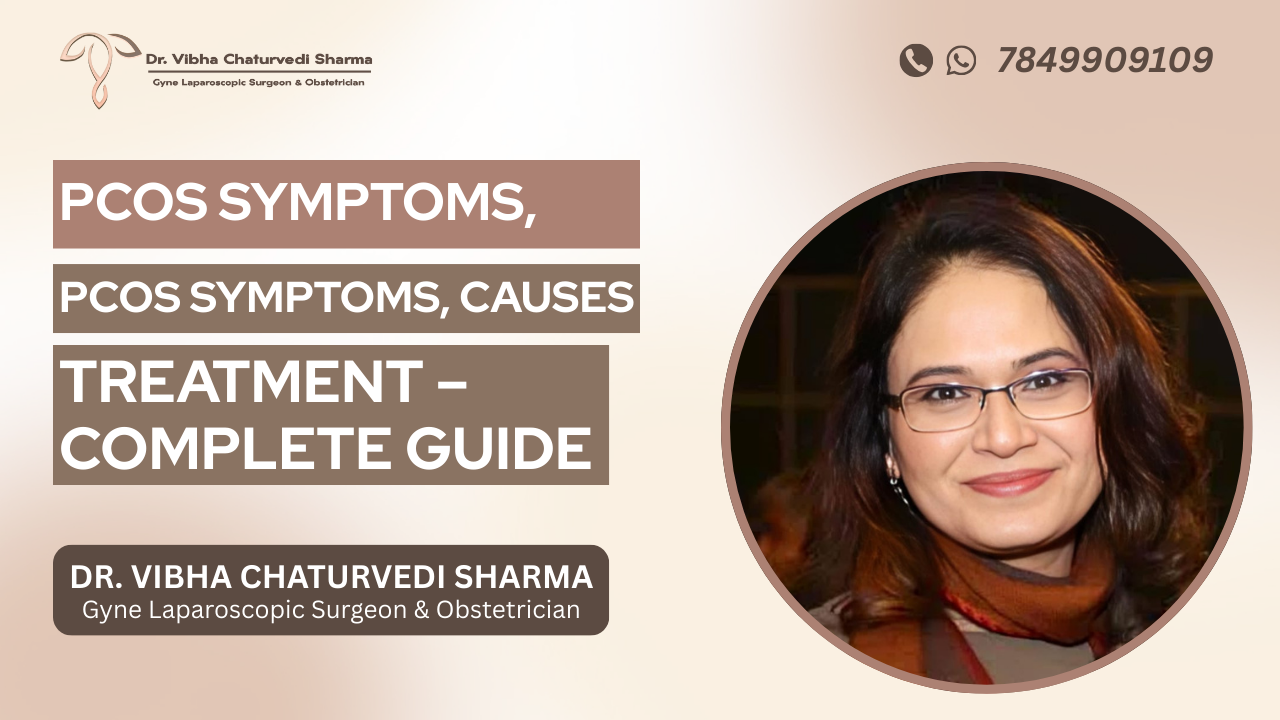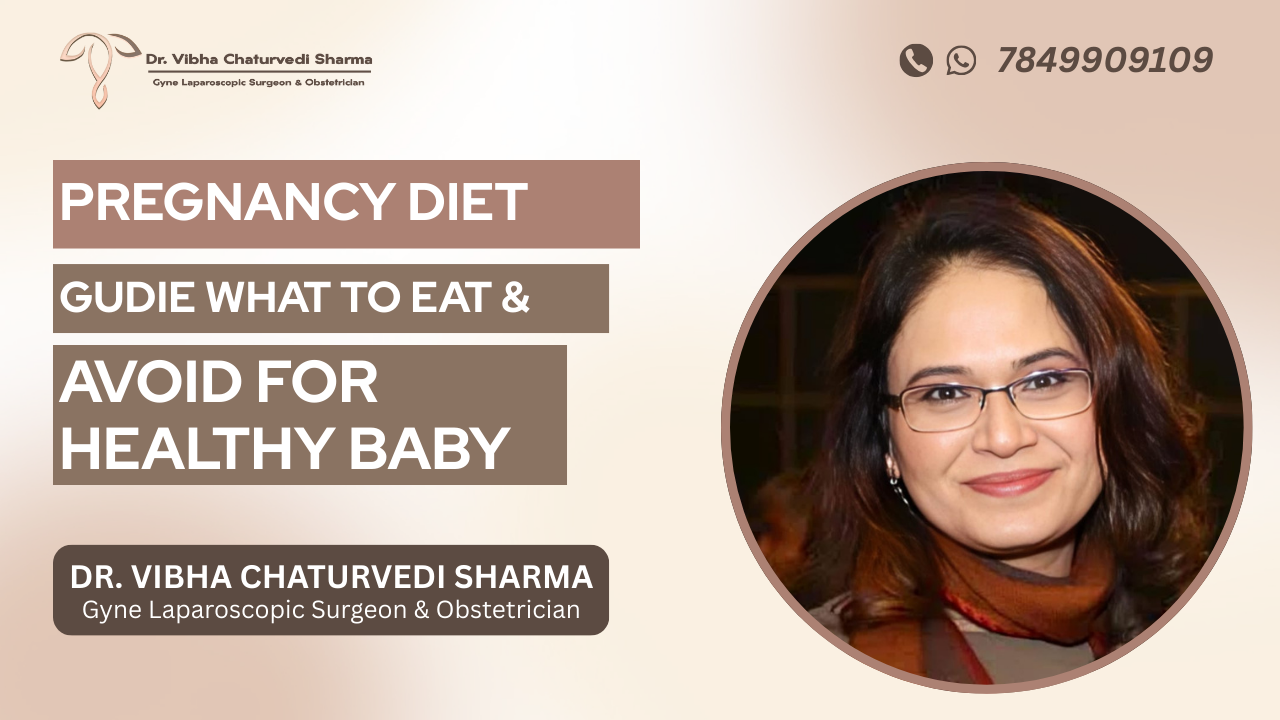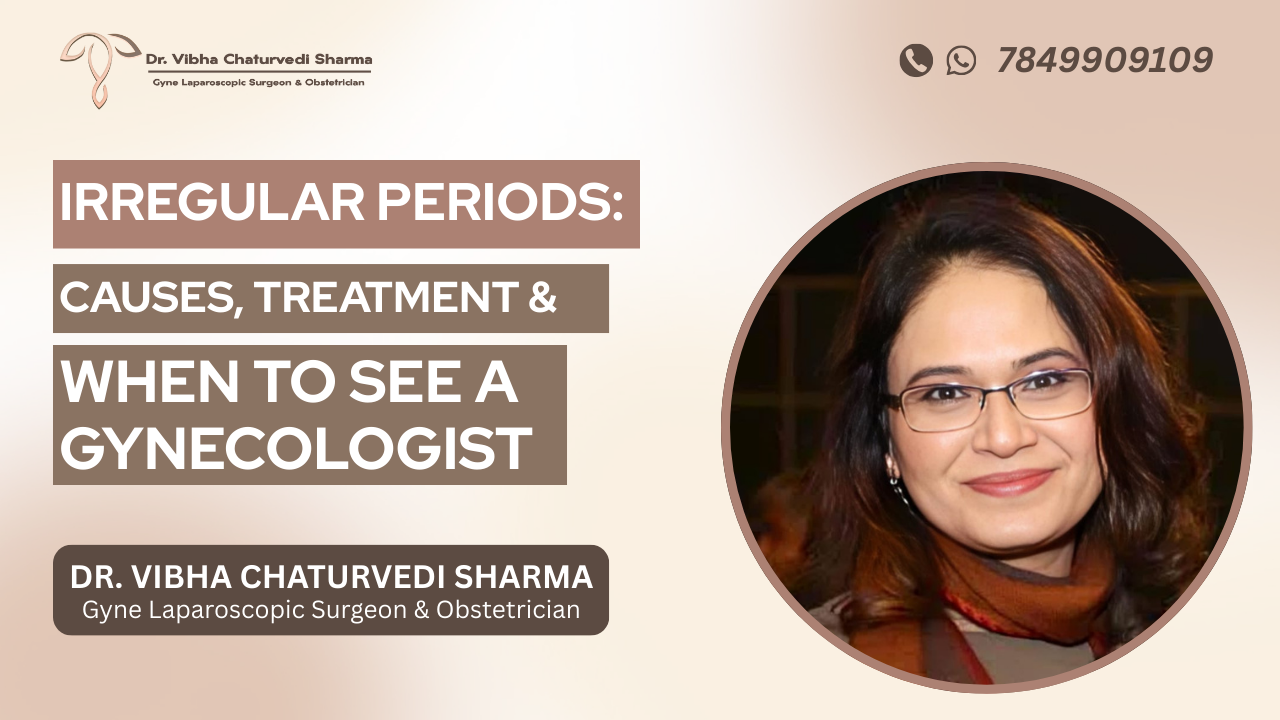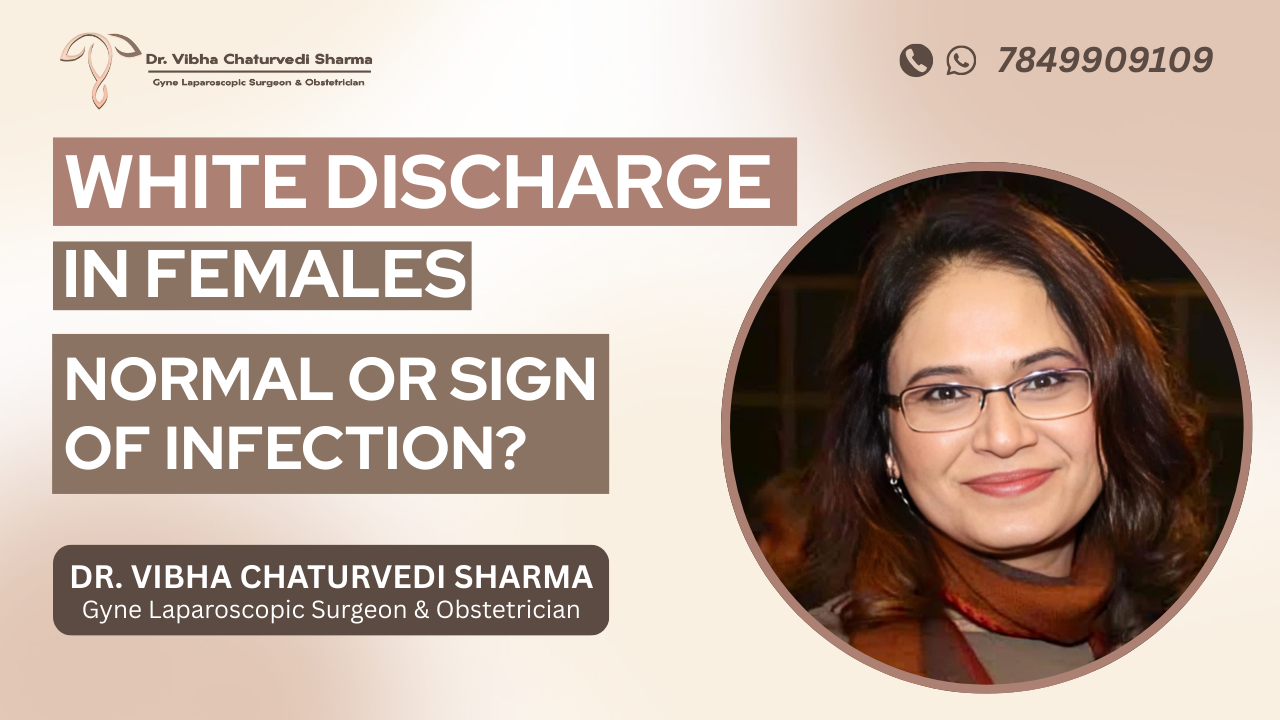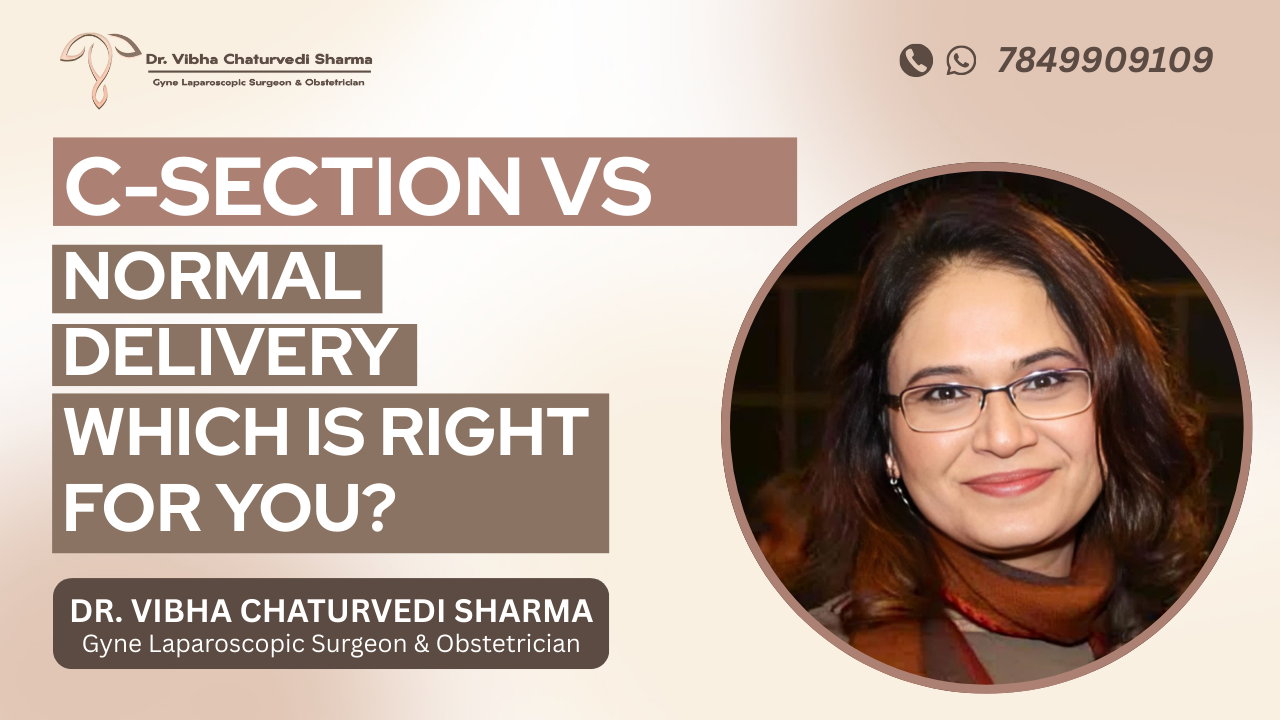Introduction
Eating a well-rounded diet during pregnancy is more than a health recommendation—it’s a necessity. Pregnancy increases the body’s nutritional requirements, making it vital to consume the right foods to ensure both mom and baby receive the essential nutrients needed for growth and development.
Why is a Balanced Pregnancy Diet Important?
A balanced diet provides energy, promotes fetal development, and helps reduce complications. Proper nutrition aids in building baby’s organs, bones, and brain while keeping the mother energized and resilient.
Essential Nutrients for Pregnancy
Folic Acid
Folic acid is crucial for fetal brain and spinal cord development, especially in the early stages of pregnancy. Pregnant women should aim for 400-800 mcg of folic acid daily through sources like leafy greens, beans, and fortified grains.
Iron
Iron supports the production of hemoglobin, which carries oxygen to the baby. Pregnancy increases iron needs, so focus on foods like lean meats, leafy greens, and fortified cereals.
Calcium
Calcium aids in the development of baby’s bones and teeth. Recommended sources include dairy, leafy greens, and fortified plant-based milks.
Vitamin D
Vitamin D is essential for calcium absorption and bone development. Get enough vitamin D from safe sun exposure, fortified foods, or supplements if needed.
Protein
Protein supports growth and repair in both mother and baby. Foods like chicken, eggs, beans, and nuts provide quality protein sources.
Omega-3 Fatty Acids
Omega-3s, found in fish like salmon and plant sources like flaxseeds, support brain and eye development in the fetus.
Recommended Foods for a Pregnancy Diet
Vegetables and Leafy Greens
Vegetables are full of vitamins, minerals, and fiber. Leafy greens like spinach and kale are especially rich in folic acid, iron, and calcium.
Whole Grains
Whole grains like brown rice, oats, and quinoa provide fiber, B-vitamins, and iron, which support energy and digestion.
Dairy Products
Dairy products offer calcium, protein, and probiotics. Choose low-fat options like yogurt, milk, and cheese for maximum benefits.
Lean Proteins
Lean meats, poultry, beans, and tofu are excellent sources of protein without excessive saturated fats.
Nuts and Seeds
Almonds, chia seeds, and walnuts are packed with healthy fats, protein, and fiber, making them great snack options.
Fresh Fruits
Fruits like oranges, apples, and berries are nutrient-dense and naturally sweet, helping to satisfy sugar cravings healthily.
Foods to Limit or Avoid During Pregnancy
High-Mercury Fish
Certain fish like swordfish and king mackerel have high mercury levels, which can harm fetal development. Choose low-mercury options like salmon, cod, and shrimp.
Unpasteurized Products
Unpasteurized milk, cheese, and juices may carry harmful bacteria. Always opt for pasteurized products.
Processed and Junk Foods
High in unhealthy fats and sugars, processed foods should be consumed sparingly. Instead, choose whole foods that provide essential nutrients.
Healthy Snacking Tips During Pregnancy
Healthy snacks can bridge the gap between meals, ensuring steady energy levels. Opt for snacks like yogurt, fruits, whole-grain crackers, and small servings of nuts.
Sample Meal Plan for a Balanced Pregnancy Diet
Here’s a sample meal plan for a nutritious day:
- Breakfast: Oatmeal topped with berries and a sprinkle of chia seeds
- Mid-Morning Snack: Greek yogurt with a handful of nuts
- Lunch: Grilled chicken salad with leafy greens, avocado, and quinoa
- Afternoon Snack: Carrot sticks with hummus
- Dinner: Baked salmon with steamed vegetables and brown rice
Hydration Needs During Pregnancy
Hydration is key during pregnancy to support amniotic fluid and prevent dehydration. Aim for 8-10 glasses of water daily.
Supplements and Their Role in Pregnancy
Prenatal vitamins help fill in nutritional gaps, particularly for folic acid, iron, and vitamin D. Consult your doctor before starting any supplements.
Dealing with Common Pregnancy Cravings
Cravings are normal, but try to satisfy them with healthier options. If you’re craving sweets, reach for fruit; if salty, try some nuts or whole-grain crackers.
Managing Morning Sickness with the Right Foods
Morning sickness is common in early pregnancy. Ginger tea, crackers, and small, frequent meals can help manage nausea.
Exercise and Nutrition: A Pregnancy Power Combo
Combining exercise with good nutrition supports overall health and can help prevent excessive weight gain. Activities like walking, prenatal yoga, and light strength training are generally safe but should be discussed with a healthcare provider.
Benefits of a Healthy Pregnancy Diet for Mom and Baby
A balanced diet reduces the risk of complications, boosts energy, supports fetal growth, and aids postpartum recovery. A nutritious diet benefits both mother and baby for years to come.
Common Myths About Eating During Pregnancy
Myths like “eating for two” can lead to excessive weight gain. It’s about quality, not quantity. Also, mild to moderate exercise is safe and beneficial in most pregnancies.
Tips for Dining Out While Pregnant
Choose well-cooked dishes, avoid high-mercury fish and raw salads, and ask for dishes with pasteurized ingredients to ensure food safety.
Conclusion
A balanced, nutrient-rich diet is essential for a healthy pregnancy. The right foods provide energy, support the baby’s growth, and improve the mother’s well-being. Consult your healthcare provider for personalized dietary recommendations to make sure you and your baby get all the necessary nutrients.
Contact Information:
Phone: 78499 09109
Location: SURYA HOSPITALS C -8, B-7, Sawai Ram Singh Rd, opposite SMS HOSPITAL, Jaipur
